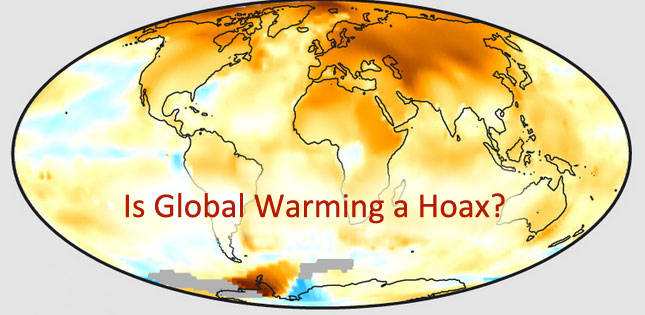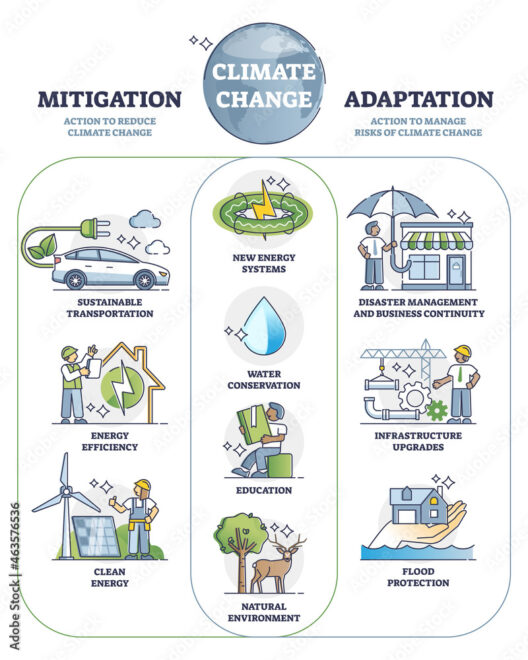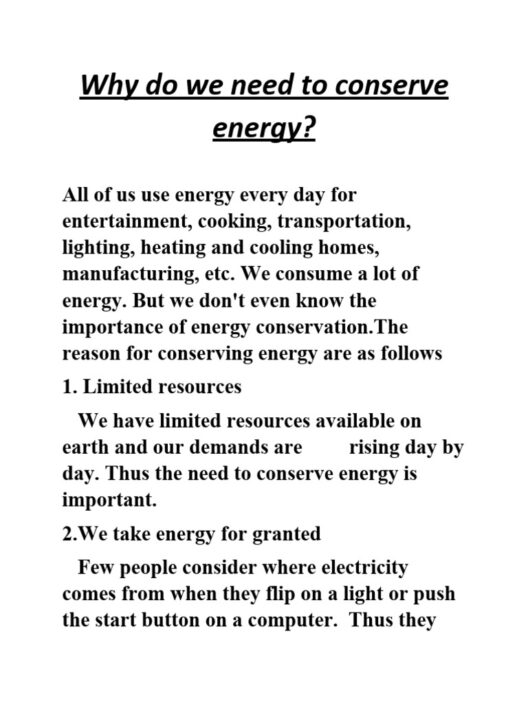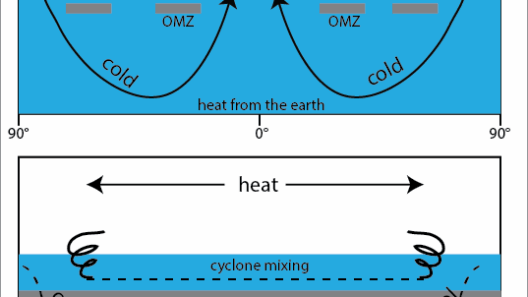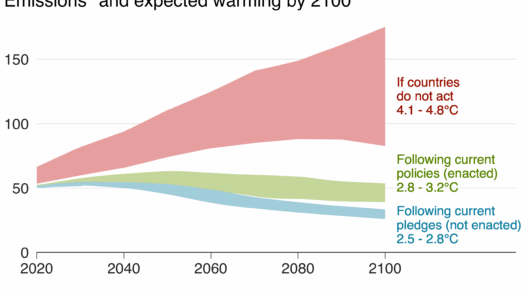In recent years, the discourse surrounding climate change has encountered a resurgence of skepticism, particularly concerning the role of fossil fuels in global warming. A recurrent assertion posits that increased fossil fuel consumption could paradoxically lead to a decrease in global temperatures. This notion, while superficially appealing to those seeking to minimize the culpability of anthropogenic activities, warrants meticulous examination and robust refutation. The intricate interplay between fossil fuel combustion, greenhouse gas emissions, and climate modulation cannot be understated or oversimplified.
The foundations of climate science elucidate that the combustion of fossil fuels—such as coal, oil, and natural gas—releases copious amounts of carbon dioxide (CO2) and other greenhouse gases into the atmosphere. These gases envelop the Earth, forming a barrier that traps heat, a phenomenon known as the greenhouse effect. This mechanism is fundamental to understanding global warming. To suggest a causal relationship where increased fossil fuel use correlates with reduced global warming undermines the established scientific consensus.
One of the more troubling aspects of the myth that more fossil fuels equate to less warming lies in its potential to delay meaningful action. The notion encourages complacency in addressing climate change. It fosters the illusion that technological advancements, rather than behavioral and policy changes, will resolve the complexities of climate crisis. While it is true that technology, such as carbon capture and storage, may mitigate some effects of fossil fuel use, it is critical to highlight that these technologies do not eliminate the need for a significant and immediate reduction in fossil fuel reliance.
A common observation among climate skeptics relates to variations in weather and climate correlated with certain historical periods of high fossil fuel consumption. This can lead to misleading interpretations, suggesting that anthropogenic emissions are not driving climate change. However, this dismissal of scientific data is deeply flawed. Historical climate changes occurred due to a multitude of factors, including volcanic eruptions, variations in solar radiation, and natural greenhouse gas fluctuations. Today, we find ourselves in a unique epoch characterized by an unprecedented acceleration in CO2 levels, primarily attributable to human activities. This simultaneity of fossil fuel consumption and climate change cannot be ignored or brushed aside.
Moreover, the economic discourse surrounding fossil fuels often emphasizes short-term benefits that obscure long-term ecological ramifications. Proponents of fossil fuel consumption frequently advocate for energy independence and job creation as paramount objectives. While these aspects are undeniably important, they must not eclipse the impending catastrophe posed by climate inaction. The argument for economic stability, rooted in fossil fuels, is fundamentally flawed when we consider the myriad costs incurred from climate-related phenomena, including heatwaves, rising sea levels, and extreme weather events that jeopardize infrastructure and public health.
Delving into the rhetoric surrounding energy production, a pernicious myth has emerged that positions fossil fuels as a necessary evil within the broader framework of energy diversity. This narrative implicitly asserts that transitioning to alternative energy sources will precipitate energy shortages and economic downturns. In reality, a diverse energy portfolio that integrates renewable sources—such as wind, solar, and hydroelectric power—represents a viable pathway towards sustainable energy consumption without the deleterious effects associated with fossil fuels. The gradual yet determined evolution of the energy sector underscores that renewable sources can reliably meet global energy demands while simultaneously mitigating climate change.
Another facet of this debate concerns the phenomena of climate denialism and the influence of special interest groups. The fossil fuel industry has wielded considerable power in pushing back against climate regulation and science-based policies. Misleading narratives disseminated through strategic public relations campaigns aim to sow doubt and perpetuate the idea that global warming is not a pressing issue that requires urgent action. This disinformation campaign is particularly dangerous, as it capitalizes on human psychology—exploiting fears associated with change and insecurity about the future.
Additionally, it is imperative to address the social justice dimensions woven into the fabric of global warming discourse. The ramifications of fossil fuel dependency disproportionately impact marginalized communities. These communities often bear the brunt of environmental degradation while having the least resources to adapt to its consequences. The climate impacts that scientists predict will not be felt equitably; rather, they will exacerbate existing inequalities. This reality punctuates the urgency for a transition away from fossil fuels, not only for ecological health but also for social equity.
In juxtaposition to the notion that increased fossil fuel use reduces global warming, it is vital to reassert the necessity of reducing greenhouse gas emissions. The International Panel on Climate Change (IPCC) underscores the need for drastic reductions to avert catastrophic climate impacts that threaten the fabric of global civilization. Fossil fuel extraction and consumption directly correlate with increased atmospheric CO2 concentrations— an irrefutable fact supported by extensive research. This leads to an inescapable conclusion that greater reliance on fossil fuels will exacerbate, rather than alleviate, the challenges posed by climate change.
In summation, the idea that more fossil fuels could lead to less global warming is a dangerous myth rooted in confusion and misinformation. It obscures the scientific consensus that links fossil fuel consumption to climate change while delaying necessary action against climate degradation. As societies confront the urgent need for change, it is essential to foster a narrative that prioritizes sustainable energy solutions and acknowledges the complexity of climate systems. Navigating through the labyrinth of misinformation necessitates an unwavering commitment to confronting the truth about fossil fuels and their unequivocal role in fueling the climate crisis.


